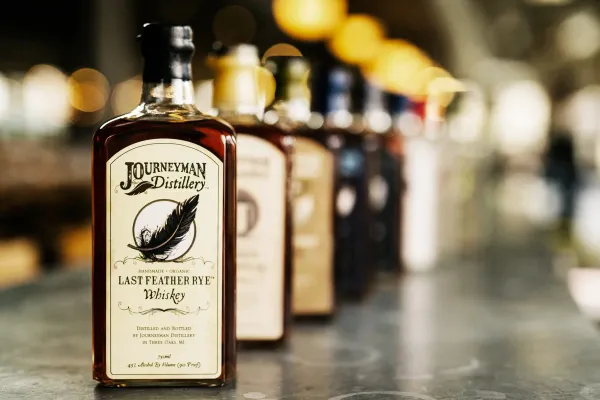Whiskey Excise Tax Compliance Requirements: The Duty You’ll Wish You’d Understood Sooner

Excise Tax Compliance Requirements: The Whiskey Duty You Can’t Skip
Excise tax compliance requirements for whiskey aren’t just fees. They’re the legal duties that regulate production and distribution, ensuring market fairness. If you don’t know these requirements, you’re missing the duty that underpins every bottle. For whiskey enthusiasts curious about regulation, this is the solid truth about whiskey excise tax compliance requirements, grounded in legal standards and economics, and a 2025 must-know.
What Are Excise Tax Compliance Requirements?
U.S. law imposes a federal excise tax on whiskey (bourbon, rye, etc.), calculated per proof gallon (gallon at 100 proof), collected post-production. Scotch and Irish whiskey face similar taxes in their jurisdictions (e.g., UK’s Alcohol Duty, Ireland’s Excise Duty). Taxes apply after aging (two-plus years for U.S., three-plus for Scotch/Irish) and bottling (80 proof minimum), with records tracking production—fermentation (8-10% ABV in three to five days), distillation (160-190 proof max)—to ensure compliance. Accurate proof and volume reporting prevent evasion, supporting flavors like caramel or malt in whiskeys across climates (20-100°F).
How Excise Tax Shapes Whiskey
In the U.S., distilleries report proof gallons for bourbon, ensuring taxes reflect corn’s sweetness post-aging in Kentucky’s climate (20-100°F). Scotch producers in Scotland (40-65°F) comply with UK duties, maintaining malty profiles despite tax costs. Irish whiskey, taxed per liter of alcohol, upholds fruity pot still notes. Non-compliance risks penalties or license revocation, with taxes influencing pricing but not flavor, as legal standards ensure production integrity. Compliance ensures market stability for whiskeys at 80-120 proof, from grain to bottle.
Why Excise Tax Matters for Your Sip
A bourbon at 80 proof, tax-compliant, delivers uncompromised caramel warmth, while a Scotch at 86 proof, duty-paid, offers authentic malt, per legal standards. Tax evasion disrupts markets, not flavor. Every sip reflects compliance’s regulatory role, making your next bottle a fair expression of its craft.
Why Excise Tax Compliance Requirements Matter in 2025
Excise tax compliance requirements are whiskey’s market stabilizers. By 2025, understanding these standards could make every sip a clear taste of regulated craft, from bold to refined. It’s the truth in the duty, so don’t miss the fairness.
Check out NEAT: Whiskey Finder—it’ll help you track down bourbon and whiskey near you.





